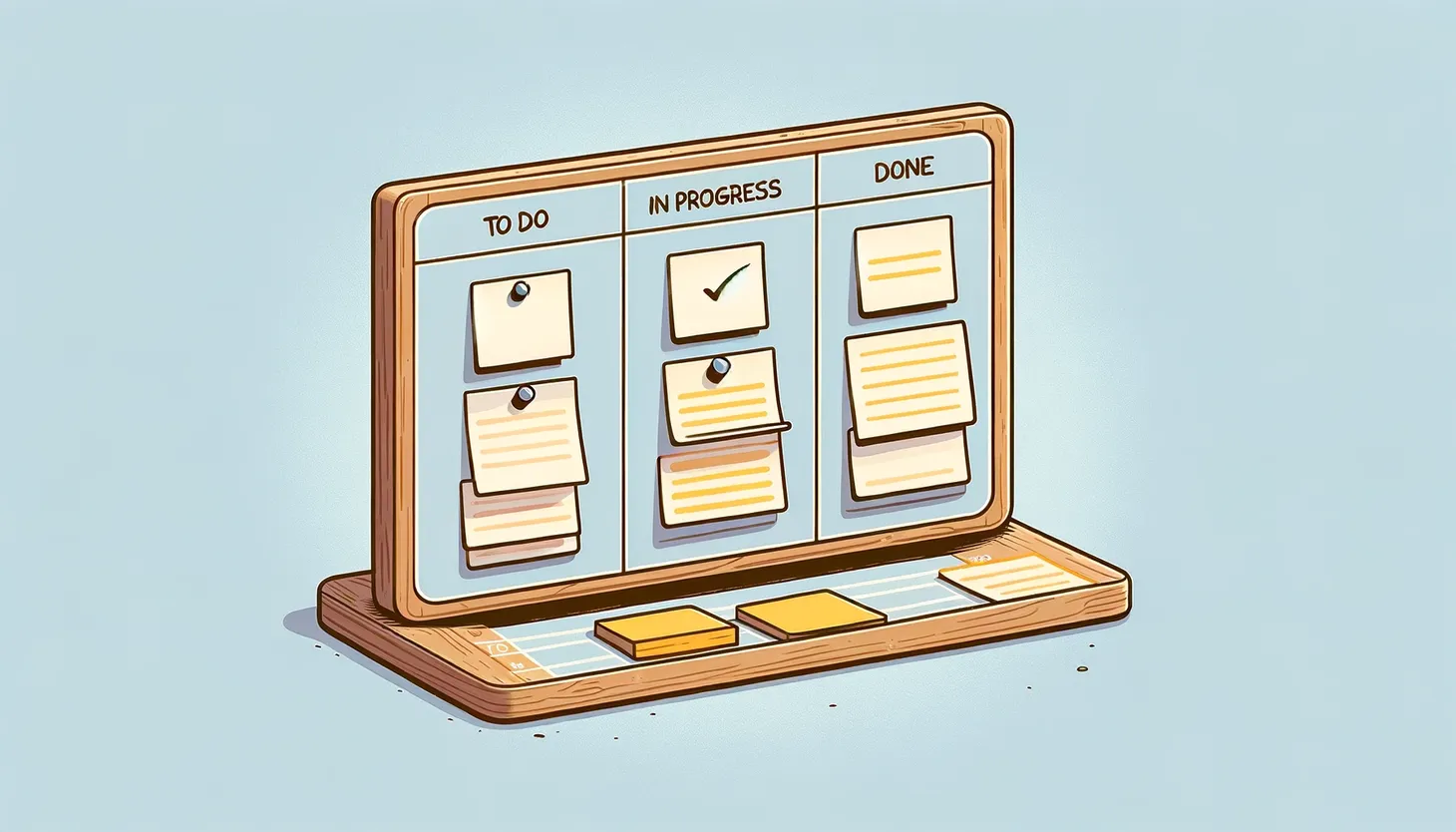Create Repeatable Success

Table of Contents
Every manager needs a process. You could go with yelling at people, but that doesn't scale, and it also is a terrible way to manage. You need to understand and use a process to create repeatable success that you can build on in your career at the firm.
Stick to the process
Once you find a process, you must have discipline and stick with it. Always look for opportunities to improve, but if you're trying a process to see if it works, you must give it a chance to succeed. Always look for opportunities to improve, but if you've found a process that works, you must give it a chance to succeed.
Be willing to improve the process.
You must be willing to improve your process, primarily based on data. You need to use data from your team or other people in your industry, not anecdotes. When you try a new approach, baseline it to compare it to what you had before to determine if the new process is successful.
Are you delivering faster, have higher quality, or is your team morale better? Look at your baseline data and see if the process is improving. Continue to evaluate it over time; don't assume because it worked once, it'll continue to work. Evaluate it every quarter.
You have to be willing to look at the data and see if it is working and what you can do to improve it if it isn't. Does it work for all your cases? Does it work for some teams but not others? Does it enable your deliveries but increase your attrition? Does your team like it, but your quality is going down?
The process needs to work for you. You don't work for it.
Many firms will run the most popular method in your industry because of its popularity. Don't be one of those managers who only runs the process because someone said so. It would help if you had the process work for you, not you work for it.
A new approach will pop up every few years that says it solves all of the problems in your industry. That means you need to look at the problem you're trying to solve, your teams, your staffing patterns, and your deliveries, and find a process to help all of it. Some of these processes are, in fact, good. But some are just a different name for the same things successful teams have done for years. These processes will apply to some industries but not to others. Again, you must look at it from your perspective and decide what will enable your team's success.
Watch out for consultants that sell processes. Many consultants will sell a process and then upsell add-ons. These include:
- Additional training
- Certifications
- Updates to the process (this is subscription pricing in disguise)
It would be best to look at what works for you versus what pads the consultant's bottom line.
Be able to explain why
Explain why you use your process versus others. You should list the pros and cons and explain how it applies. It would help if you also spoke about situations where it doesn't work or any other exceptions to using the process. The easiest way to lose respect and authority with your team is to end up in a "because I said so" situation. You never want to be in a position where you can't explain why you're doing what you're doing. That doesn't mean your team should always question you, but you should be able to reason out why you're running the process. For example, you could do any of the following:
- provide previous examples where the process saved the day
- Provide examples where other processes had problems
- Explain how you or other management choose your process
- Be able to explain the areas that the process struggles with
Inevitability, you'll get team members that attack the process. It may have less to do with your specific procedure and more with the need to push back against authority or be contrarian. Either way, when you get this pushback, only deal with it up to a certain point. You should be able to talk through a fundamental debate of the process. If they're pushing to test you, then don't engage in an argument, but calmly explain that this is the process we're running. We'll look at the delivery date after we're through the delivery. We'll determine if the process helped us make the delivery.
If it doesn't help or hinder it, we'll look at a new technique or alter what we have. If the team met the delivery or was quicker than planned, then maybe the process helped accelerate the delivery. The crucial part of the debate is that you will reason on the data. This type of argument is complex to rationally argue with because you can look at the data and decide. The contrarians won't have data saying the process doesn't work; they'll have anecdotes at best.
The other pushback you'll get is that this team "is unique and therefore needs a unique process." Several teams expressed this over my career, and each one believed it when they said it. They were right - they were a unique team. Still, they were usually wrong because their situation didn't demand a unique process. At most, it was tailoring an approach to better suit the team, but making up a new process wasn't necessary.
Frank Blecha Newsletter
Join the newsletter to receive the latest updates in your inbox.




